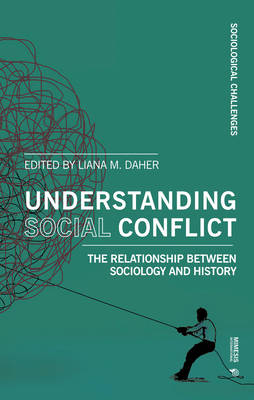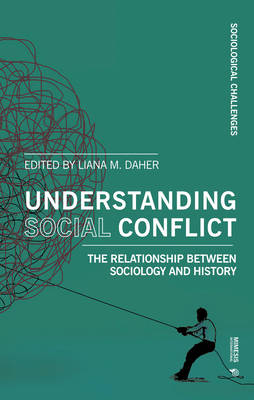
- Afhalen na 1 uur in een winkel met voorraad
- Gratis thuislevering in België vanaf € 30
- Ruim aanbod met 7 miljoen producten
- Afhalen na 1 uur in een winkel met voorraad
- Gratis thuislevering in België vanaf € 30
- Ruim aanbod met 7 miljoen producten
Zoeken
Understanding Social Conflict
The Relationship Between Sociology and History
€ 27,95
+ 55 punten
Omschrijving
The indissoluble link between sociology and history is not new to the social sciences. In the early 20th century, Weber (1922) saw relationships between history and sociology as based on mutual and essential support and logical priority. Following the intentions of its Founding fathers, the discipline of sociology arose as a "science of connections" aiming at investigating relationships between social life phenomena and events, even those apparently far from each other. According to a strategic interdisciplinary analysis, also the "Annales" lesson confirmed the indissoluble link between history and social sciences. The principal aim of this book is to underline compromises and differences through concrete cases of empirical research on social conflict, that is a common ground of research both for sociology and history. The book aims also at providing argumentative issues to the challenge represented by the relationship between the two disciplines, showing meaningful convergences.
Alleen bij Standaard Boekhandel
+ 55 punten op je klantenkaart van Standaard Boekhandel
Beoordelingen
We publiceren alleen reviews die voldoen aan de voorwaarden voor reviews. Bekijk onze voorwaarden voor reviews.











